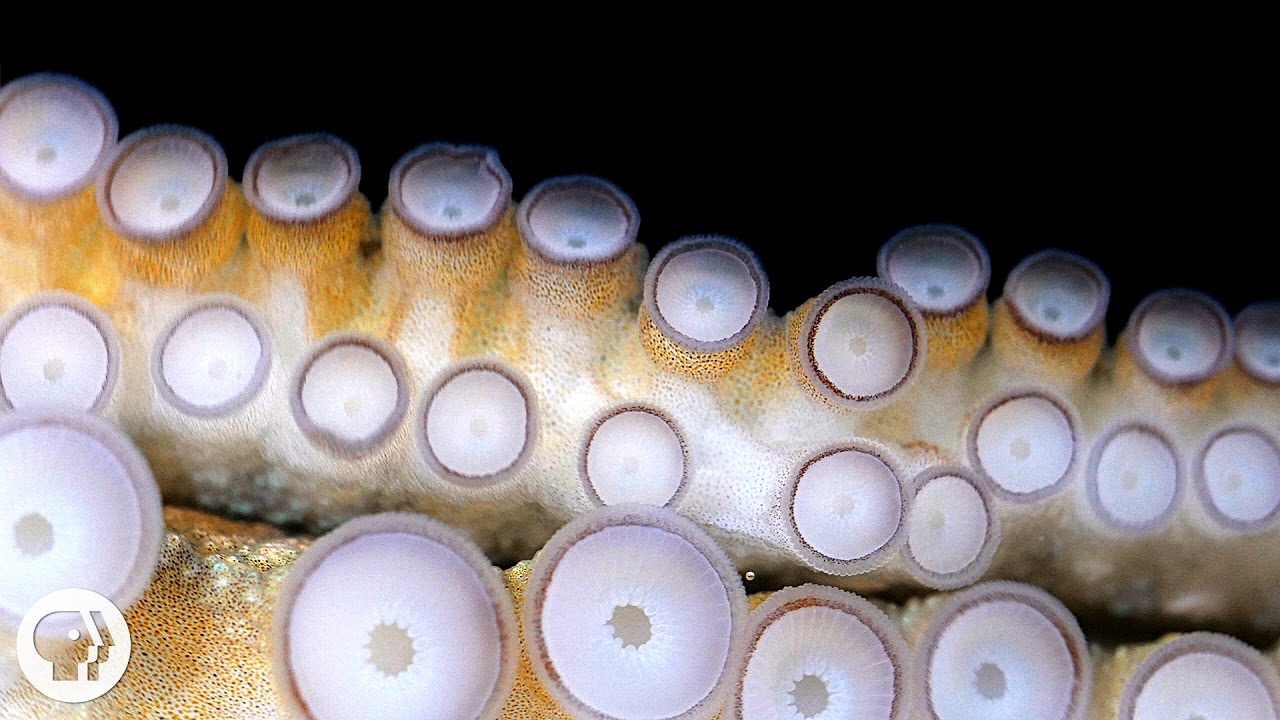An octopus uses the hundreds of suckers on its arms not just to grab but to taste too scientists now know the cells on these suckers detect and taste their prey

An Octopus’s Suckers: Not Just for Grabbing, but for Tasting Too

Did you know that an octopus uses the hundreds of suckers on its arms not just to grab its prey, but also to taste it? Recent scientific research has revealed that the cells on these unique suckers are capable of detecting and tasting their prey, providing the octopus with valuable sensory information.
Octopuses are known for their intelligence and remarkable adaptability. These incredible creatures have long fascinated scientists and marine enthusiasts alike. In a groundbreaking study published in Nature, researchers have unlocked the secret behind their versatile suckers.

Each sucker on an octopus’s arm contains intricate structures called chemotactile receptors. These receptors are responsible for the detection and processing of chemical signals, enabling the octopus to discern the taste of its potential prey. The sensors are so sensitive that they can differentiate between different substances, thus providing the creature with a comprehensive understanding of its surroundings.
The discovery of taste sensitivity in octopus suckers offers a fascinating insight into their feeding behavior and hunting strategies. By employing not only touch but also taste, octopuses can gain valuable information about potential prey items. This increased sensory capability allows them to make more informed decisions about their food sources and enhances their chances of survival in the underwater world.
The revelation of these unique abilities in octopus suckers also raises questions about the evolution and development of taste receptors in different species. Understanding the intricate functioning of these receptors in octopuses could contribute to advancements in various fields, including biomedical research and the design of advanced sensors.
Moreover, this discovery paves the way for further exploration and research into the broader capabilities of octopuses’ sensory systems. Scientists are eager to uncover more about these extraordinary creatures and unravel the mysteries behind their exceptional survival mechanisms.
In conclusion, the revelation that an octopus uses its suckers not only for grabbing but also for tasting is a breakthrough in marine biology. By detecting and tasting their prey, these remarkable creatures expand their sensory capabilities and enhance their ability to navigate their underwater environment. The study opens up new avenues of research into the evolution of taste receptors and sheds light on the intricacies of octopuses’ feeding behavior. With additional exploration, who knows what other extraordinary abilities and secrets we will uncover about these enigmatic creatures of the deep.
Source:
Tags
Share
Related Posts
Quick Links
Legal Stuff

